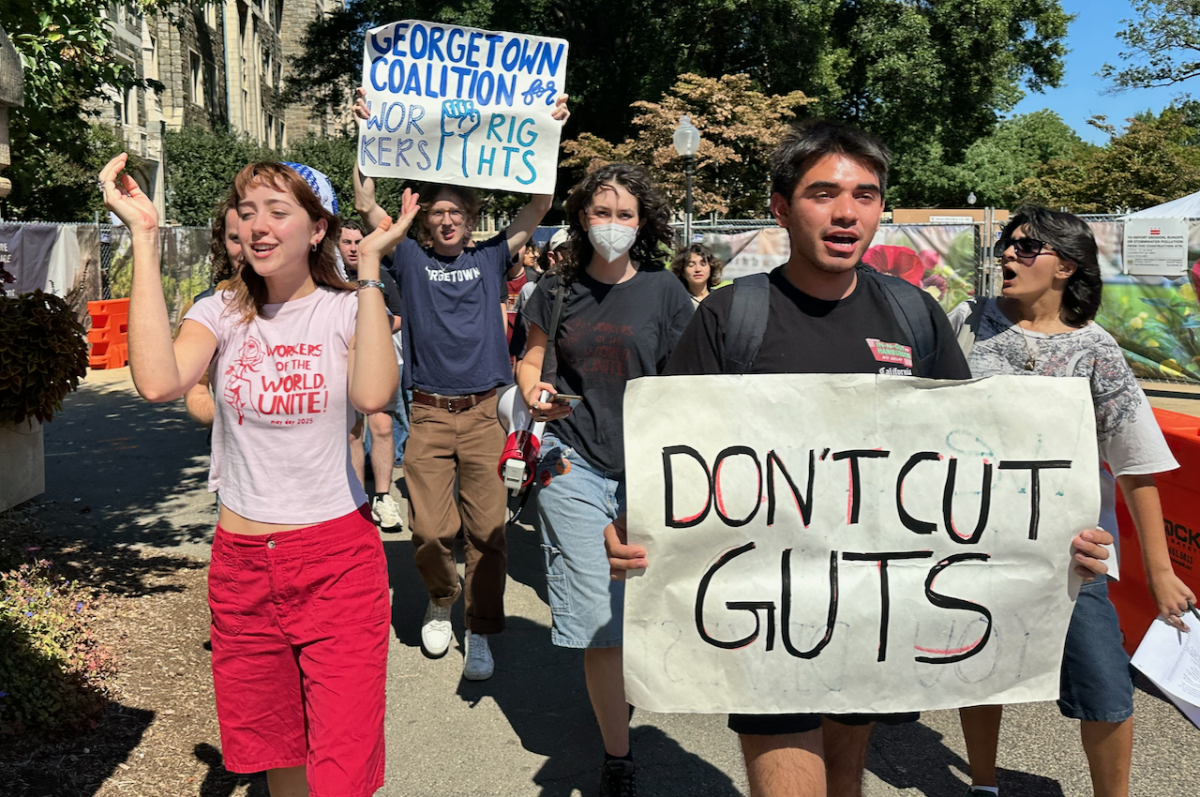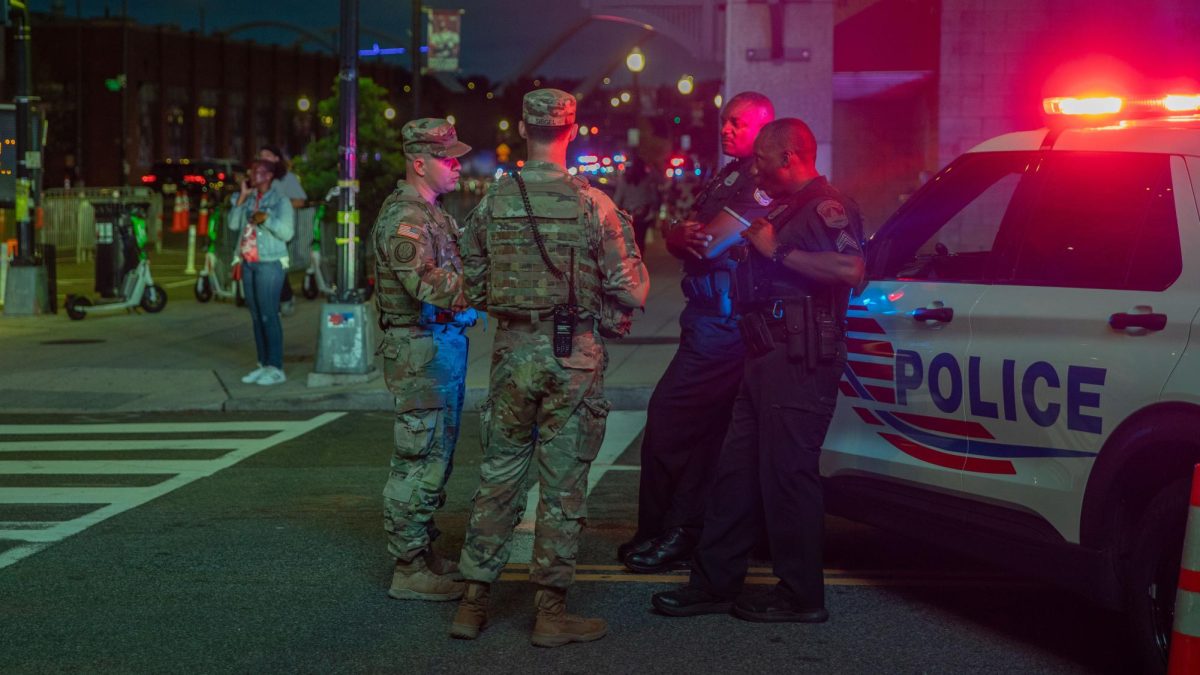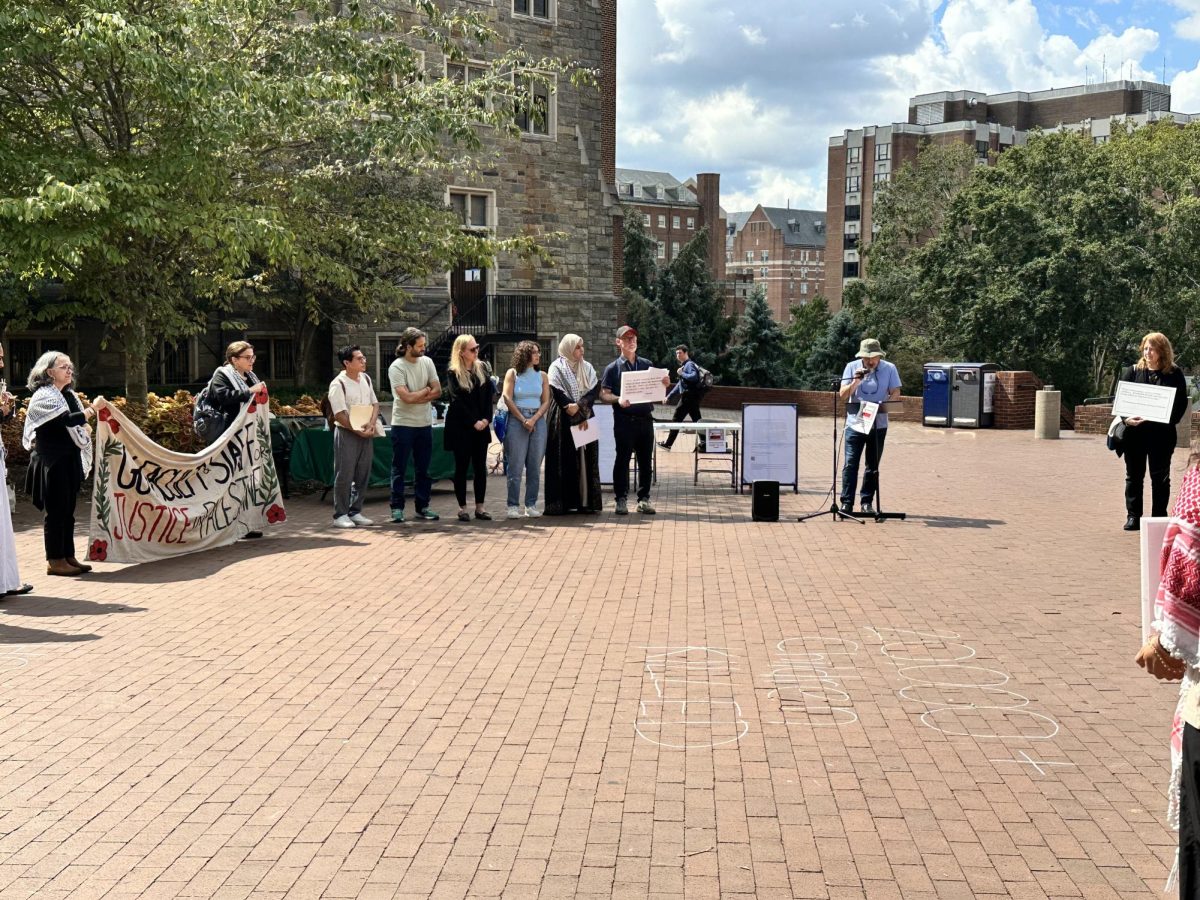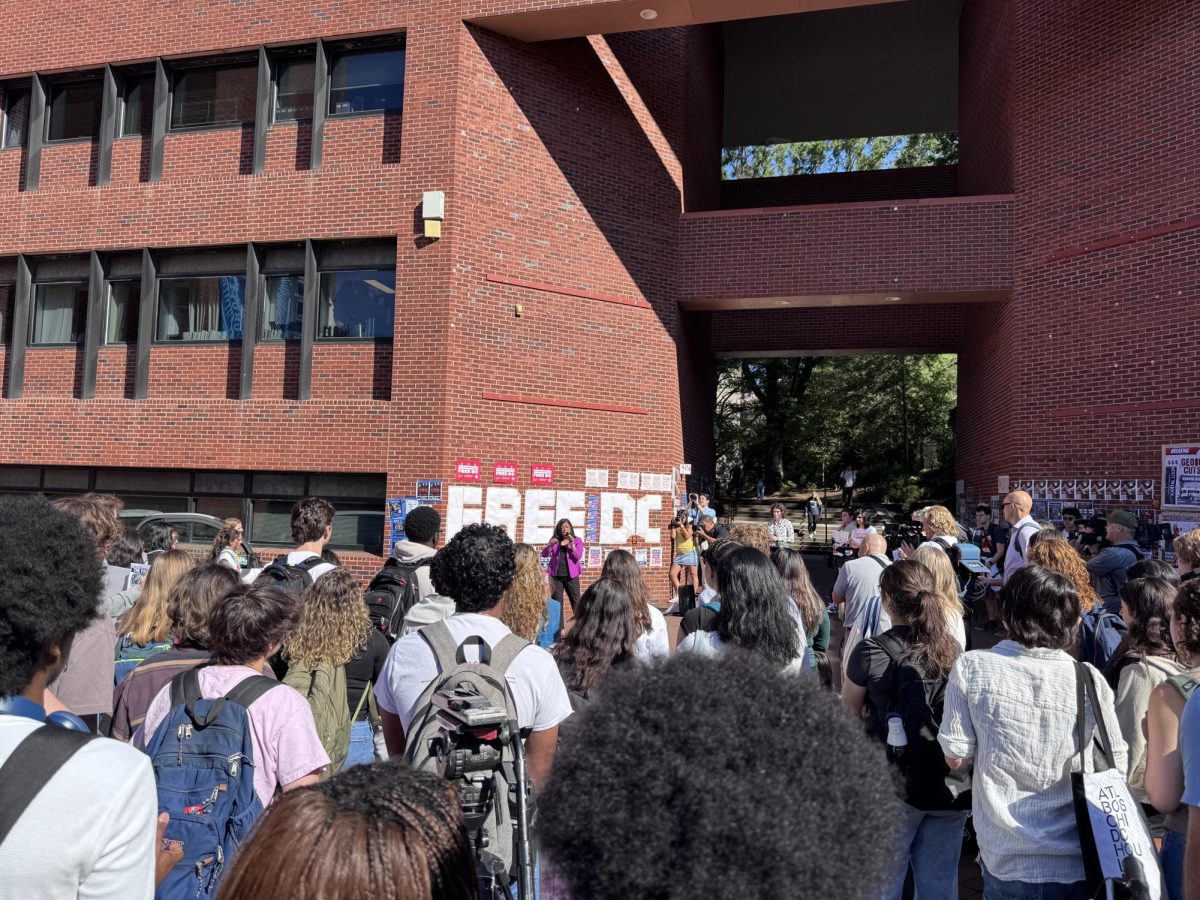A federal appeals court ruled July 1 that Badar Khan Suri, a formerly detained Georgetown University postdoctoral researcher, can remain out of custody while his immigration case proceeds.
Upholding the May 14 decision by a lower court to release Khan Suri, the 4th Circuit Court of Appeals ruled that Khan Suri’s case should remain in the Eastern District of Virginia and found that the government would face no injury if Khan Suri remained out of custody. The judges in the majority rejected the U.S. Department of Justice’s (DOJ) jurisdictional argument that federal district judges could not decide holding in immigration cases.
The appeals court also reaffirmed the lower court’s finding that immigration officials detained Khan Suri for speech protected by the First Amendment.
Judge James Wynn, who wrote for the majority, said another detention would further violate his free speech rights.
“A stay here would allow the government to immediately re-detain Suri, which would further chill speech protected by the First Amendment,” Wynn wrote in the opinion.

Federal immigration officers detained Khan Suri, an Indian national with a J-1 research visa, outside his Rosslyn, Va. home March 17, claiming he threatened U.S. foreign policy initiatives. U.S. Immigration and Customs Enforcement (ICE) officials released Khan Suri from a detention center in Alvarado, Texas, following the May 14 ruling.
In a May 6 hearing, the lower federal court also ruled against the DOJ’s motion to move Khan Suri’s habeas corpus petition, which challenged the legality of his detention, from the Eastern District of Virginia to a federal court in Texas. Khan Suri faces separate immigration court proceedings regarding his deportation, which a federal judge moved from Texas to a court in Annandale, Va., to be heard in July.
The decision comes days after 22 members of the U.S. Congress sent a letter to U.S. Secretary of State Marco Rubio and U.S. Secretary of Homeland Security Kristi Noem requesting more information on Khan Suri’s arrest.
The letter requests any evidence from the Department of State and Department of Homeland Security (DHS) that demonstrates Khan Suri’s alleged threat to U.S. foreign policy.
Co-signatories of the letter include Del. Eleanor Holmes Norton (D-D.C.) and Rep. Don Beyer (D-Va.) — who represents the northern Virginia district where Khan Suri lives and attended previous district court proceedings in Khan Suri’s case. Other signatories include Reps. Alexandria Ocasio-Cortez (D-N.Y.), Ilhan Omar (D-Minn.), Rashida Tlaib (D-Mich.) and Pramila Jayapal (D-Wash.) (CAS ’86).
The co-signatories of the letter said the government appears to have violated Khan Suri’s First Amendment and due process rights and requested an explanation for the basis of his arrest.
“The government has not disclosed information to support that the detention of Mr. Suri was justified. It has not demonstrated that Mr. Suri — a husband to a U.S. citizen, a father of three young children, and with no criminal history — needed to be detained,” the letter reads. “An ICE officer involved in his booking stated that they knew he was not a criminal and did not do anything wrong.”
The co-signatories of the letter also said the DHS should clarify their justification for transferring Khan Suri to the facility in Texas in defiance of an ICE directive that aims to keep detained non-citizens close to their children.
“At the time of his transfer to Louisiana and then Texas, Dr. Khan Suri had a wife and three young children, and an attorney of record, in Virginia,” the letter reads. “Please share the justification provided either by exceptional circumstances or the court order provided for the transfers to Louisiana and Texas as well as the justification for how Texas was determined to be as close as practicable.”
The co-signatories said the government must be transparent with the public regarding the details of Khan Suri’s detainment and requested a response by July 11.
“The Administration has done nothing to demonstrate its claims that Dr. Badar Khan Suri is a threat to the public, or to justify holding him with minimal outside contact 1,300 miles away from his wife and young children,” the letter reads. “This situation is intolerable, and demands urgent and speedy remedy.”














